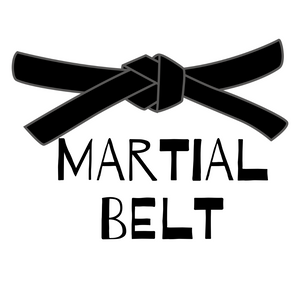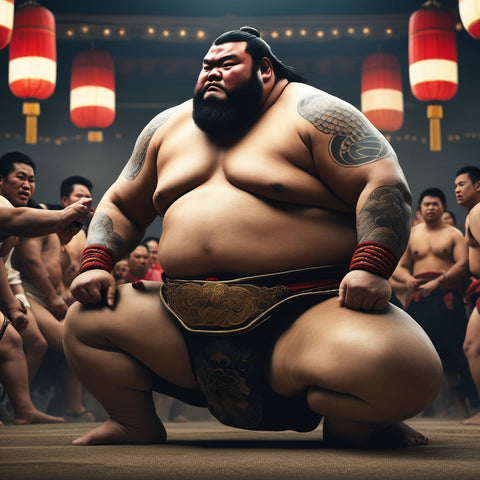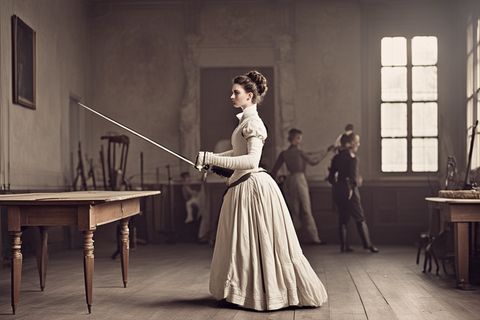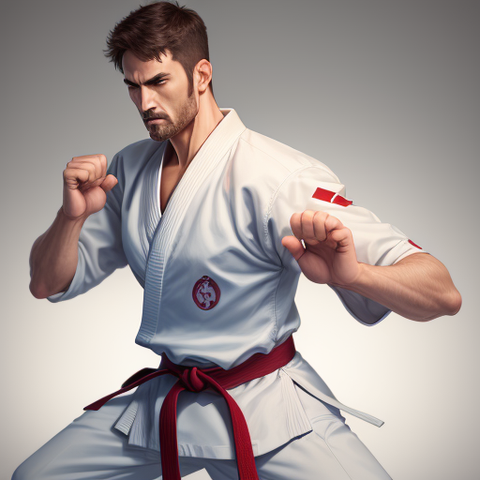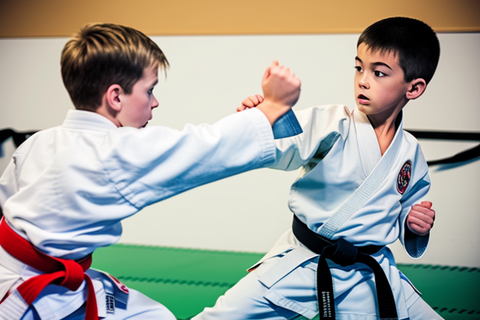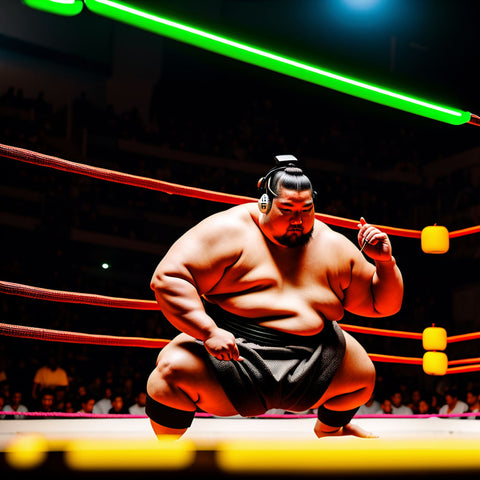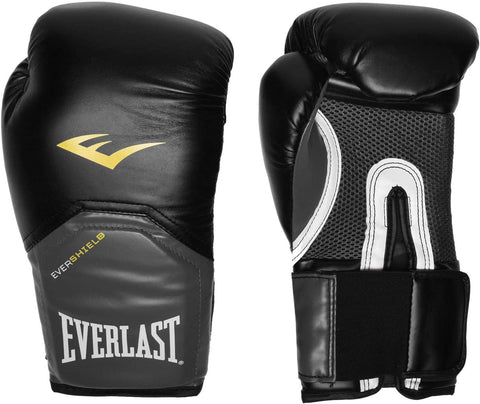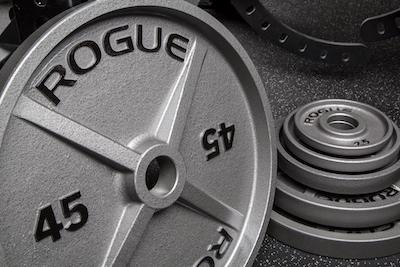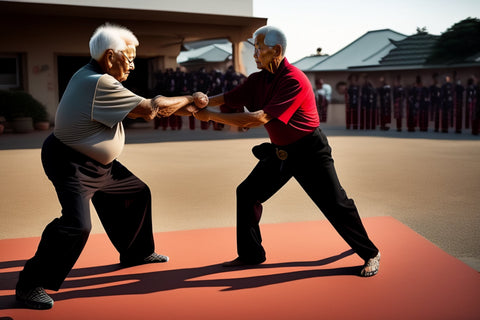Which Martial Art is Ideal for Bouncers?

Bouncers are often hired to provide security at events such as concerts or sporting events. They are trained to deal with situations where violence might occur. Are they prepared for these situations?
The ideal martial art for bouncers should focus on self-defense techniques, rather than sport competition. This includes boxing and Krav Maga which allows a bouncer to fight without getting hurt.
When I posed the question of which martial art would be the best to a friend who had a brief stint as a bouncer, his reply was Krav Maga, the Israeli self-defense art.
A good number of drunken patrons can be talked out of their aggression when they realize you can’t be pushed around and are willing to do whatever is necessary if they push the line. But for a few, diplomacy doesn’t work and there is when self-defense helps, to subdue the aggressor with minimal injury.
The very purpose of the art (Krav Maga) is to deal with everyday situations and it is a self-defense art first and foremost hence the heavy emphasis on simple, effective, and non-complicated techniques that work well even for a total newbie.
Krav Maga teaches that everything and anything can be used to one’s advantage if one knows how to work it well, be it a glass bottle, a pen, or even a solid concrete wall.
Its moves are focused on quickly incapacitating the attacker and ensuring self-safety. But proper training is vital as some techniques are able to cause permanent damage and a good trainer is indispensable. More than the moves, an experienced trainer is able to guide and show the amount of force needed in a particular move, for a specific situation. This is the last resort though, diplomacy is the best weapon for a bouncer to employ and self-defense is to be used only when truly necessary.
Personally, I would say boxing is an excellent martial art for bouncers and this isn’t based on personal bias as I have personally seen a fair share of nightclub security personnel who train In this art.
Now the point is obviously not for a bouncer to be engaging in a boxing match with a drunk patron, rather it is to be able to stand his ground if needed, defend himself well and diffuse the situation as quickly as possible without losing control of his emotions and being physically gassed out. There is no good boxing training without strenuous cardiovascular training and that strengthens a bouncer although indirectly.
The main reason for suggesting boxing is that the basics are fairly easy to pick up, it is effective in real-life, and hones one's reflexes well. Regular training over several months coupled with safe sparring sessions provides the basic skill set and more importantly, confidence.
Learning how to defend oneself properly is an invaluable skill set for bouncers as the most common scenario experienced is a patron flinging an object or throwing a sudden punch or slap.

When it comes to professions that deal with physical threats of violence, most would immediately think of the armed forces or policemen, which is not wrong. However, the 'bouncer' is another profession that is often overlooked considering the dangers that some of these men and women face on a daily basis. The term ‘bouncer’ is not used as often nowadays due to the negative stereotypes that come with it, such as an uncouth person whose always ready for a brawl and enjoys fighting. They are referred to now as a doorman or simply security personnel but for the sake of this article, let us use the term bouncer.
There is nothing new about nightclubs and occasionally even bars having their fair share of patrons who turn into uncontrollable hooligans after guzzling down several drinks (or towers!).
To make things worse, there are often groups of such people ready to fight owing to petty infarctions or having no idea at all and just being fuelled by the alcohol and aggression that the booze brings out in some. And right in the midst of this senseless chaos, we have our bouncers who are tasked with upholding security and safeguarding the premise. These are situations that can turn deadly at any moment and there have been cases, both locally and globally, of bouncers being attacked and injured severely or worse, ending up dead. While not engaging in direct violence is a standard part of the protocol, reality does not always pan out as planned.
Yet when having to defend themselves, the bouncers also have to be careful not to injure the patron excessively or they can end up being prosecuted and such cases have occurred.

It is a personal belief of mine that all bouncers should be taught basic self-defense skills that actually work effectively in real life so they are able to assess and diffuse situations quickly with minimal hurt to the patron or themselves. As mentioned earlier, it is vital for a bouncer to assess the situation and respond with appropriate measures because on the other extreme, there are those who respond inappropriately with too much aggression and force which can worsen the situation rather than diffuse it.
It is interesting to see that despite the different self-defense art forms, the essence and aim are the same, in diffusing the situation quickly and utilizing physical force only when it is absolutely required. Diplomacy is right up there with self-defense and it too should not be overlooked as the power of words, at times, can be much more powerful than force.
Finding the balance and treading this narrow path with grace and professionalism is what makes an outstanding bouncer.
So when you see these men or women guarding the doors of nightclubs and patrolling the floor, take a moment to thank them for their service. It is through their vigilance and dedication to upholding safety that we get to have a great and memorable time in a nightclub.
 Raaj
Raaj
Martial arts enthusiast & loves exploring all of life before it all ends!
Other Posts By Author
